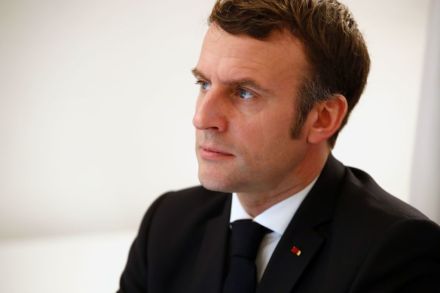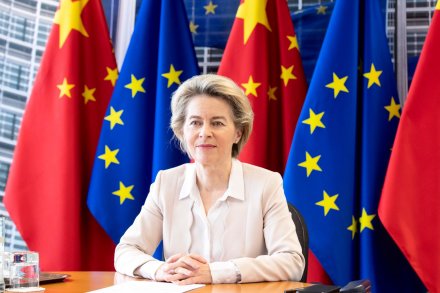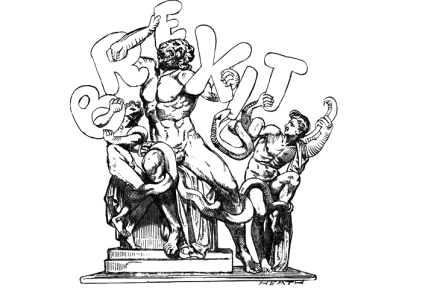Sweden’s Covid Christmas farce
Sweden has become an international phenomenon for its relaxed response to the Covid-19 pandemic – which some critics describe as careless. Its no-lockdown strategy has been based almost solely on personal responsibility. This point has been made to Swedes by solemn-faced politicians, most recently before Christmas. It’s up to every Swedish citizen to maintain social distancing and, if possible, work from home. Restaurants, bars, cafés, shops, and even malls have stayed open throughout the crisis. Face masks have not been recommended nor encouraged (although in a surprising change of heart from the authorities, masks will be made mandatory from January 7 in certain situations, such as on public transport during peak hours).





















